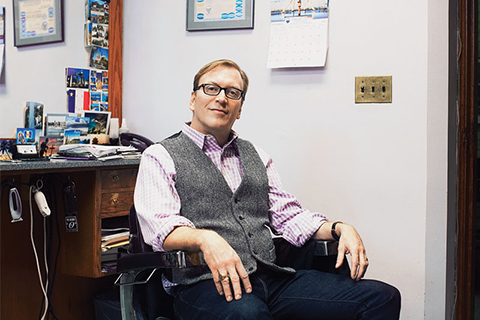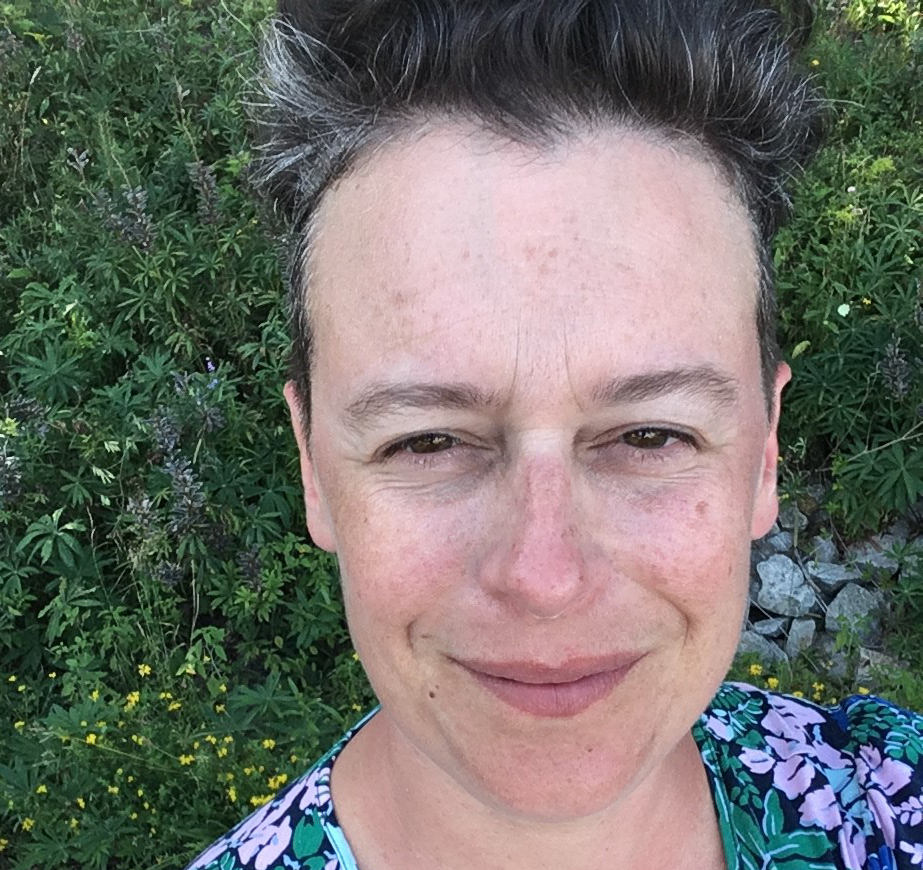Spend some time with Prof. Allan Peterkin, and you may never look at male facial hair the same way again. Hidden in those tufts south of the nose are a wealth of cultural meanings.
“Men are saying a lot, consciously and unconsciously, with their facial hair,” says Peterkin, a professor of psychiatry and family medicine at U of T. Those statements range from an anti-corporate, I’m-my-own-man ethos to a response to feminism (playful, Peterkin insists) by cultivating one of the few remaining things a man can do better than a woman.
Peterkin has become the world’s leading facial hair expert. He is the author of One Thousand Mustaches – both a lighthearted cultural history and an earnest style manual – which was released this fall. The book is a followup to his popular One Thousand Beards (2001).
Peterkin’s insight into facial hair–related news stories (they exist!) has been sought by everyone from ESPN (on the playoff beard) to the New Yorker (on Hollywood writers’ “strike beards”) to a swath of media outlets hoping to decode the meaning of Al Gore’s postelection-loss beard. And what’s Movember like for a man of his talents? “Very busy.”
Peterkin insists he’s “a reluctant pogonologist”; his real scholarly passion lies in uncovering what the health sciences can learn from the arts. To wit, he heads up the University of Toronto’s Health Arts and Humanities program. The goal, he says, is to deepen an interdisciplinary dialogue around human experience, suffering and dignity. For example, hospital staff members – doctors, chaplains and social workers – have worked with the program’s poet-in-residence to learn to express their feelings and better understand each other’s perspectives.
He has fun with the opportunities that come his way, like the chance to judge the annual parade of extreme face fur that is the National Beard and Moustache Championships, which took place in Las Vegas in November. Finalists strutted, posed and stroked their monumental handlebar staches and dangerously sculpted chinstraps through 18 categories. “These men took it very, very seriously,” Peterkin says.
He likes that men are “freer to express themselves in the way they groom and dress nowadays” but he does feel it can go too far. “To me when it becomes overly serious, something is lost in translation.”
As much fun as he’s had with his side career, Peterkin has faced his own scrutiny – or, rather, his face has. Journalists demand explanations for his lack of facial hair, which is surely a pointed statement of some kind. “Some of us just aren’t blessed!” he says, describing a recent failed attempt at a classic chevron. (“Patchy” is how he describes that effort.)
Still, he seems wistful as he recalls the Freudian beard he sported as a first-year psychiatry resident. “I was honouring the master.”
Read an excerpt from One Thousand Mustaches, by Prof. Allan Peterkin.






